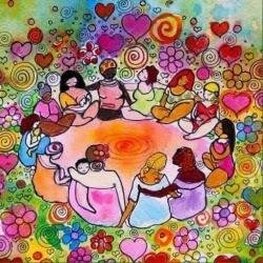 If you’re a regular listener to NPR’s Morning Edition, you know that Friday morning means an installment from StoryCorps. During the 18 years since its founding, this oral history project has taped more than half a million Americans telling their stories. It’s the largest single collection of human voices ever recorded, and it has one simple goal. “What if we just give the entire country the chance to be listened to and have a chance to talk about, you know, who they are?” explains StoryCorps founder Dave Isay. He adds that being told that all of our stories matter equally and infinitely is something everyone needs to hear. While StoryCorp interviews involve people who know each other, the interviews in Isay’s new initiative—One Small Step—match strangers from across the political divide. In both programs, the central aim is to encourage people to listen to one another. Studies show that on the average people only remember a fraction of what is said to them. So what is it that makes listening such a challenge? Perhaps instead of listening, our focus is on:
That motivation might be a desire to respect, appreciate, or better understand other people. It might have to do with developing a curious mind, expanding our perspective, or deepening relationships. Thinking about a motivation for listening reminds me of a story the international peacemaker John Paul Lederach tells. Two groups of African women lived on either side of a war. The dividing line between their countries ran about a mile from their two villages. The women decided that nothing would change between their groups unless they began to see each other as people who had stories to share. They began meeting at noon at the dividing line between their countries. Once gathered, they told their stories of love and loss. And they listened. Their storytelling and story-listening created something new—something one writer describes as “a node, like a point on a spider web that can vibrate across an entire structure. It shifted something. It doesn’t take 100% of people to create change; it only takes nodes, individuals, and communities who are willing to do the extremely hard work of listening, hearing, and doing something decent in the midst of all that is indecent.” At a time when it feels that change is needed in our congregations, our region, our country, and our world, perhaps we can become those individuals and communities who are willing to do the hard work of listening. And, as a result, something will vibrate, something will shift, and something new will emerge. KP
0 Comments
Leave a Reply. |
Kathryn PalenAssociate Executive Minister Archives
January 2023
Categories |
 RSS Feed
RSS Feed